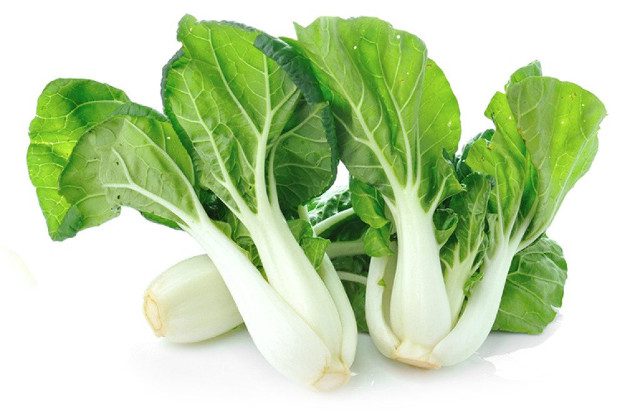
When it comes to the well-being of our furry friends, a balanced and nutritious diet is essential. As a responsible rabbit owner, you may have wondered whether bok choy is a safe and healthy option for your beloved bunny. In this article, we’ll delve into the world of rabbit nutrition and explore the question: Can rabbits eat bok choy?

Yes, rabbits can indeed consume bok choy, but with some important considerations. Bok choy can be a healthy addition to a rabbit’s diet when offered in small quantities. Remember, moderation is key. The high fiber content in bok choy can aid in maintaining proper digestion and preventing gastrointestinal issues in rabbits.
About 9 calories, 1.1g of protein, 1.5g of carbs, 0.7g of fibre, 0.8g of sugar, and 0.1g of fat are present in one cup of shredded bok choy. The vitamins C, A, K, and folate are abundant in bok choy. Minerals like calcium, phosphorus, and potassium are also found in it.
Source : Precesion Nutrition
Bok choy emerges as a nutritional powerhouse, offering an array of health benefits tailored to enhance your rabbit’s well-being. This leafy green treasure trove is brimming with essential nutrients, including carbohydrates, dietary fibers, proteins, and an impressive lineup of vitamins and minerals. Let’s explore the remarkable health advantages that bok choy brings to your furry companion’s diet:
Bok choy stands as a prime source of vital nutrients that contribute to your rabbit’s overall health. It boasts a substantial content of vitamins B6, K, and E, along with magnesium, potassium, iron, manganese, and calcium. These nutrients collectively play a pivotal role in promoting various bodily functions and maintaining optimal health.
The high dietary fiber content in bok choy serves as a natural remedy to maintain your rabbit’s digestive harmony. By incorporating bok choy into their diet, you can help prevent gastrointestinal issues such as diarrhea, gases, and bloating, ensuring a comfortable and thriving digestive system.
Bok choy strikes a delicate balance with its calcium content, offering a safe and beneficial addition to your rabbit’s diet. While being a source of calcium, bok choy maintains low oxalate levels. This equilibrium is essential to prevent potential complications like bladder stone formation and bacterial overgrowth within the rabbit’s body.
Vitamin C, a crucial component found in bok choy, contributes to muscle development and sustains a robust blood system in rabbits. Acting as a potent antioxidant, it fortifies bones, nourishes the skin, and supports connective tissues, collectively enhancing your rabbit’s overall vitality. Adequate vitamin C intake also safeguards against the onset of scurvy, a prevalent ailment among rabbits.
Bok choy emerges as a reliable source of Vitamin K, an element pivotal for maintaining sturdy bones and optimizing the efficiency of the immune system. By incorporating bok choy into your rabbit’s diet, you empower their defense mechanisms and promote long-term bone health.
The presence of Vitamin E in bok choy provides an antioxidant boost, offering protection against oxidative stress within your rabbit’s body. This nutrient contributes to overall well-being, further underscoring the significance of bok choy in your pet’s diet.
Fiber, a cornerstone of bok choy’s nutritional profile, plays a pivotal role in enhancing your rabbit’s digestive efficiency. By facilitating smooth digestion, bok choy ensures that your furry friend absorbs the maximum nutrients from their diet, contributing to their overall vitality.
Bok choy’s rich supply of Vitamin A fosters improved vision and bone development in your pet rabbit. This essential nutrient safeguards their eyesight and contributes to the development of robust bones, fostering an active and fulfilling life.
Beta-carotene, a potent compound found in bok choy, offers a shield against age-related blindness. By incorporating bok choy into your rabbit’s diet, you proactively support their eye health and mitigate the risk of vision-related issues as they age.
Research indicates that the potassium and magnesium content in bok choy contributes to reducing the risk of heart diseases. These essential nutrients not only offer protection to your rabbit’s cardiovascular health but also aid in preventing muscle mass loss and the development of kidney stones.
While bok choy is generally beneficial, the only thing you have to keep in mind is to always offer bok choy to your bunnies in moderation. It’s preferable if you can serve the bok choy along with other vegetables and leafy greens. For a 2-pound rabbit, 1 cup of mixed veggies is fine. Bok Choy can be included occasionally in your rabbit’s weekly diet. Do not try to feed bok choy to young bunnies.
Before feeding bok choy to your rabbit, it’s important to wash the leaves thoroughly to remove any pesticides or dirt. Remove the tough stem and chop the leaves into bite-sized pieces to prevent choking hazards.
When introducing any new food to your rabbit, gradual incorporation is key. Start by offering a small piece of bok choy and observe your rabbit’s reaction. If there are no adverse effects, you can gradually increase the serving size.
As a responsible rabbit owner, it’s crucial to monitor your bunny’s health closely. If you notice any signs of digestive issues, such as diarrhea or decreased appetite, discontinue bok choy and consult a veterinarian.
Additionally, feeding the stem and cores of bok choy leaves is safer. Bok Choy doesn’t contain any harmful components. If you give the correct amount of bok choy, no health problems will result. Typically, rabbits also chew stems. It is best to avoid feeding your rabbit bok choy if it has health problems. Rarely is a bok Choy stem too tough for a rabbit’s digestive tract. In these situations, you can easily cut off the stem and only feed the bok choy’s leafy portion.
Leafy greens are an essential part of a rabbit’s diet. Apart from bok choy, other rabbit-friendly options include romaine lettuce, kale, parsnips, spinach, and parsley. Rotate these greens to provide variety and a broad range of nutrients.
If your rabbit isn’t fond of bok choy or if you’re looking to diversify its diet, there are plenty of alternatives to consider. Carrots, bell peppers, and zucchini are just a few other options that can provide similar nutritional benefits.
Treats can be a delightful addition to your rabbit’s diet, but they should be offered sparingly. Opt for rabbit-safe treats available at pet stores or consider small portions of fruits as an occasional sweet indulgence.
In conclusion, bok choy can be a nutritious and tasty addition to your rabbit’s diet when fed in moderation. Its high fiber and nutrient content offer several health benefits, but it’s important to introduce it gradually and monitor your rabbit’s reaction. Remember to prioritize a well-rounded diet and consult your veterinarian for personalized guidance.




